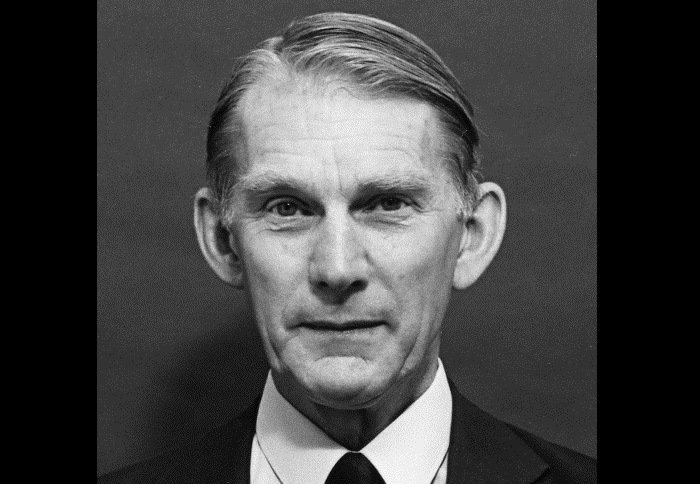Professor Bernard George Neal Obituary
by Lucy Chivers

The Department would like to offer its condolences to the family and friends of Professor Bernard Neal, Head of this Department from 1976 until 1982.
Professor Neal passed away on the 26th March this year just short of his 94th birthday.
Neal took his degree in Cambridge, and after the interruption of the war, in which he was an Experimental Officer with the Admiralty, he returned to Cambridge and took his PhD degree in 1948. At Cambridge, Neal became one of the originators of the static and kinematic methods of performing Plastic Limit Analysis or collapse load analysis of framed structures, and he made many subsequent contributions to this field of research.
He remained in Cambridge on the teaching staff until 1954 and was elected a Fellow of Trinity Hall, leaving to take up a Chair of Civil Engineering at University College Swansea, University of Wales. In 1956 he published 'The Plastic Methods of Structural Analysis', a book which has become a classic and been translated into several languages, including Russian.
In 1961 he took up the Chair of Applied Science with Special Application to Engineering at Imperial College, based in the Department of Mechanical Engineering. Here, he was responsible for the Common Course, the undergraduate preliminary programme which had to be taken by first year undergraduates of all engineering departments at the College, and which ceased in 1971. He was also Dean from 1964-67, and published 'Structural Theorems and their Applications' in 1964.
In 1973 he became Chair and Head of Structural Engineering and in 1976, when Sir Alec Skempton retired as Head of Department, Neal was selected to replace him. He continued in this role until 1982, whilst also remaining as Head of the Engineering Structures Section until 1981. Neal was a firm leader, and respected by his colleagues in all Sections of the Department. He kept the undergraduate course in Civil Engineering in very high esteem and the Department in good order, through his ability to find funding from unexpected sources and very careful housekeeping, until his retirement in 1982.
Neal's distinction as an engineer was acknowledged in his election to the fellowship of The Royal Academy of Engineering in 1980.
He was also an accomplished sportsman captaining Cambridge at tennis and excelling at croquet, playing for Great Britain and winning the All England Club's men's singles title 38 times.
Article text (excluding photos or graphics) © Imperial College London.
Photos and graphics subject to third party copyright used with permission or © Imperial College London.
Reporter
Lucy Chivers
Department of Civil and Environmental Engineering